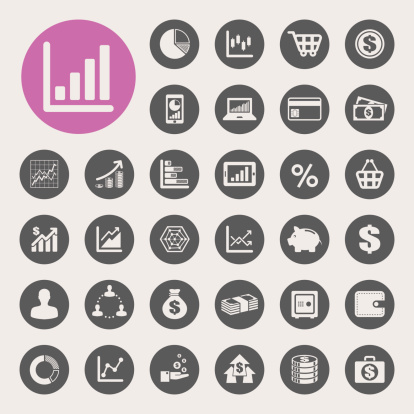
A colleague of mine recently came across an article I wrote when I was doing some consulting work for a data protection company nearly 10 years ago.
While it feels more than a lifetime ago that I wrote that piece, as I read through it, it struck me just how little some things have changed. It’s as if time has stood still… creating a pocket of inertia.
In fact, with only a few product/technology updates, a new title and a July 2014 time stamp, the piece could run today, likely without even an eyebrow raised. Heck, I’d go so far as to wager that if the article were to run, more than a few would chime in on the tape versus disk theme that runs through it.
Yep, like it or not (and I definitely don’t), nothing still gets folks talking more than a good old tape versus disk discussion. I don’t get it, but, as we Northerners say, it is what it is.
But what bothers me isn’t really the technical and technology discussions this type of article would generate around de-duplication, disk backup or even tape (these threads are still very relevant today), it’s the fact that for many organizations, these threads would still dominate back office and boardroom discussions around data protection.
This is especially scary given how much things really have changed.
So, in my June 14 post, I asked the question, is data on your balance sheet?
Well, according to Gartner analyst Doug Laney, while about 80% of the business executives Gartner recently surveyed said data was on their balance sheets, the dirty little secret is it really isn’t. And it’s not for lack of trying by CIOs, CFOs and CMOs; the problem lies with insurance and accounting firms that don’t see the value, Laney explains.
Nonetheless, this is a battle future-minded organizations must fight.
Not only can elevating data to asset status pave the way for innovation and cultural change but it is also linked to a company’s future success, explains Nicole Laskowski, senior news writer for SearchCIO in Infonomics Treats Data as a Business Asset.
Remember, research shows that companies that are data-driven are more productive than those that aren’t. Laskowski also points to a potential linkage to higher stock prices, new revenue/business streams (as a result of “productizing data”), and even drive data governance reforms.
So, what types of conversations will you be having around data protection?
Change is good… and necessary.